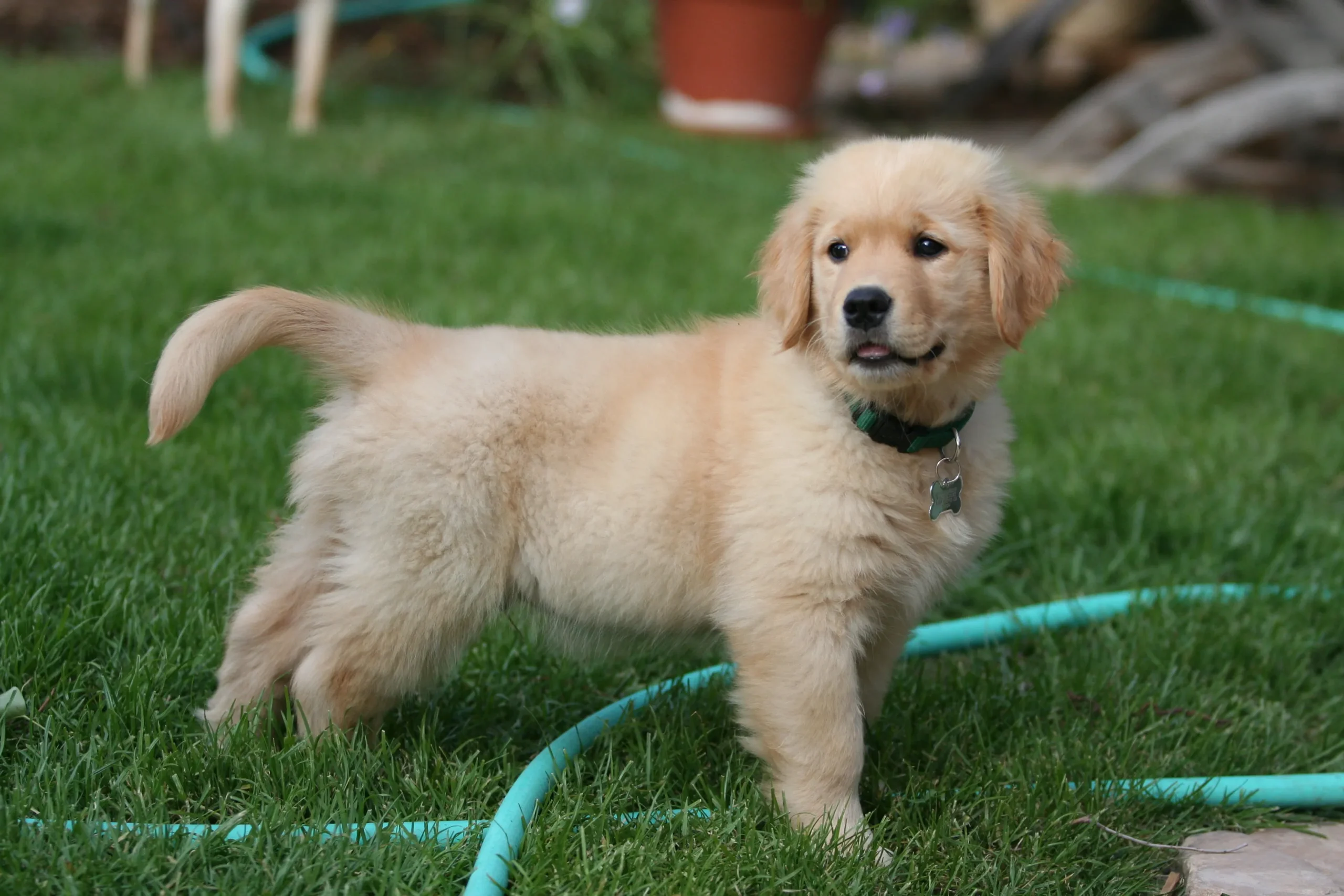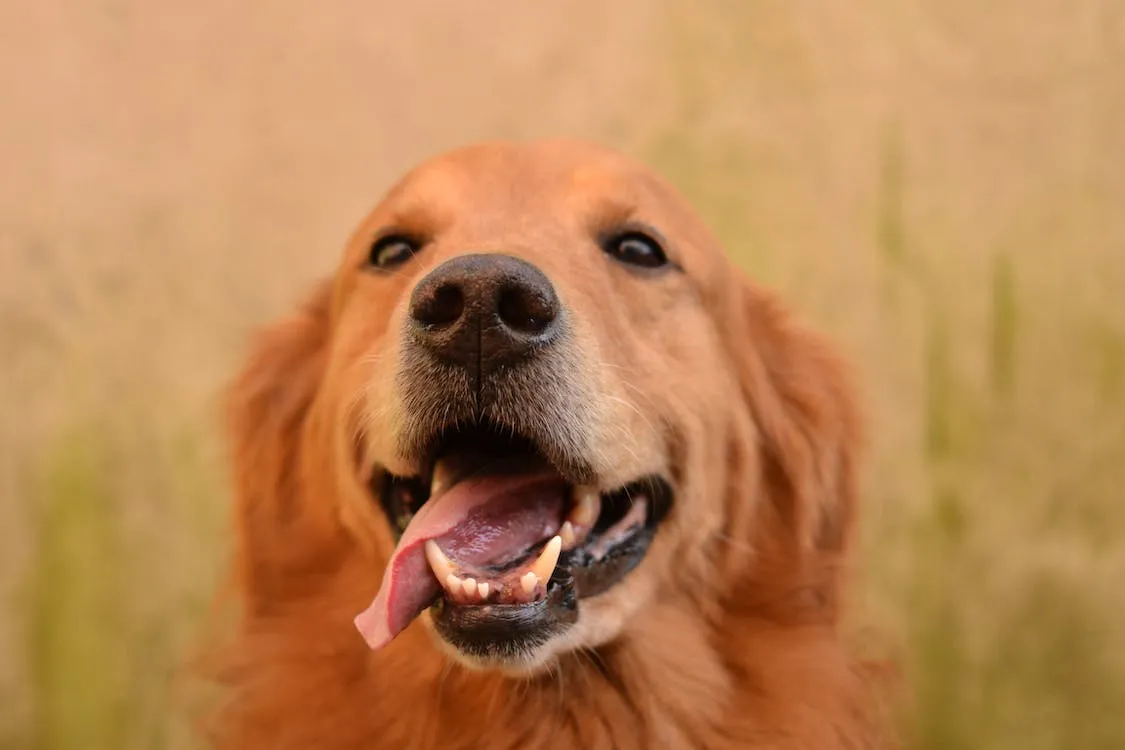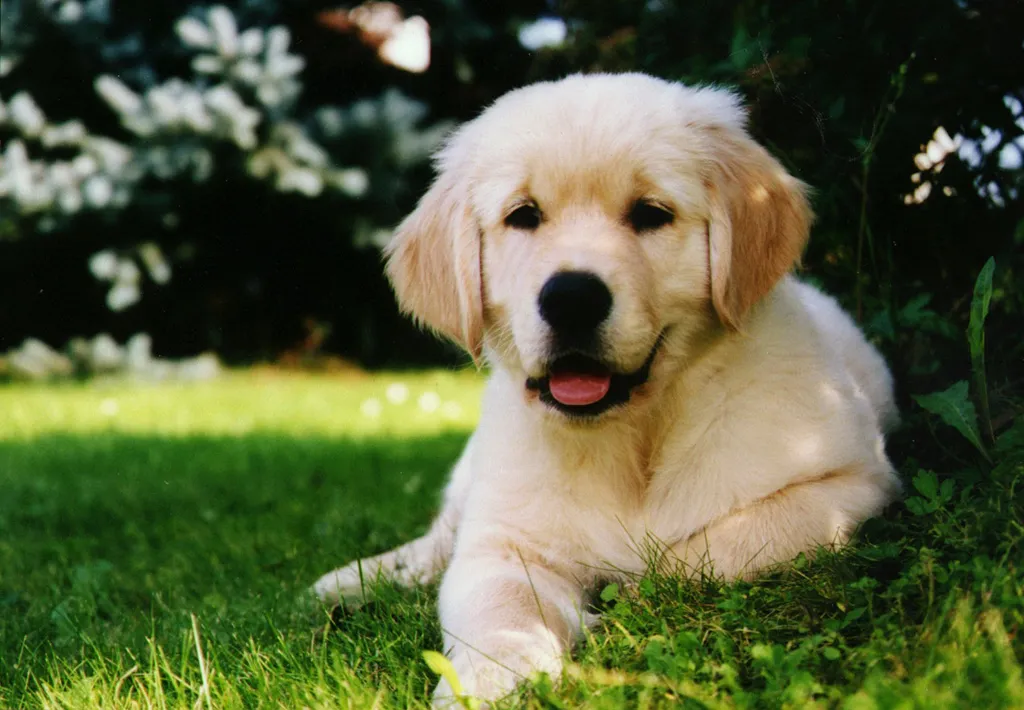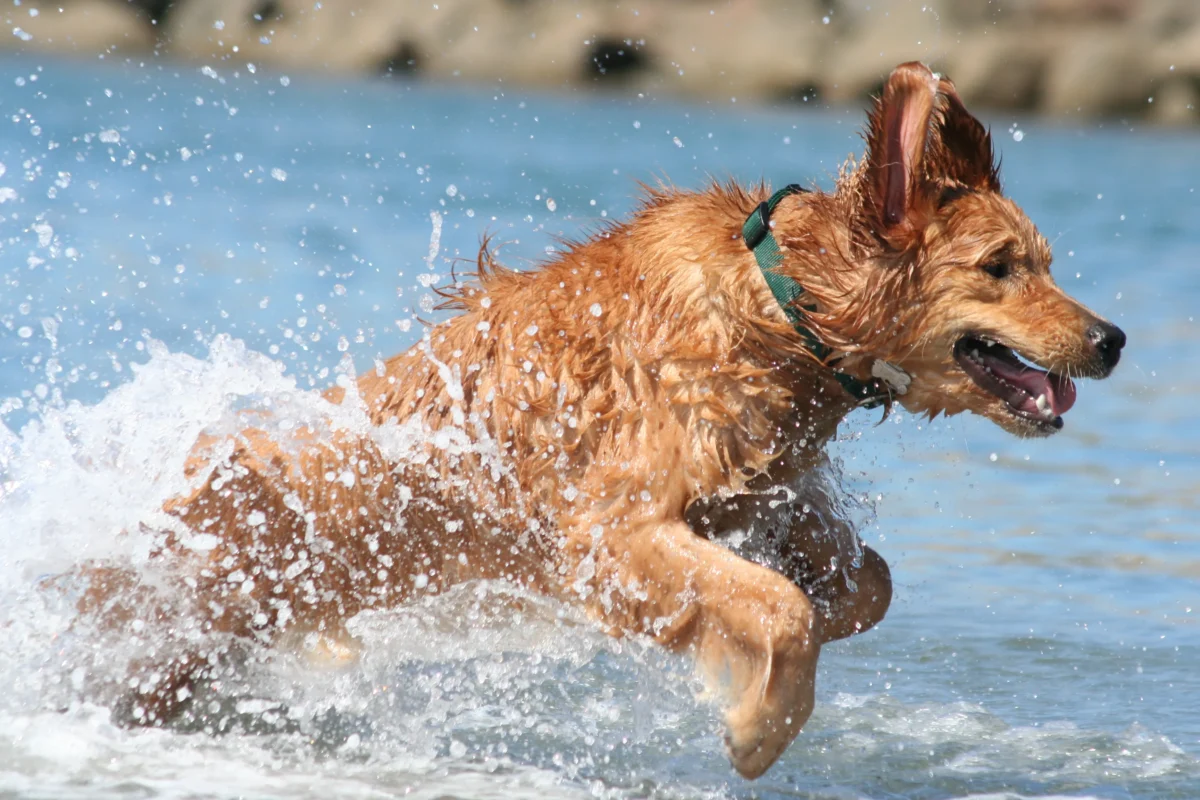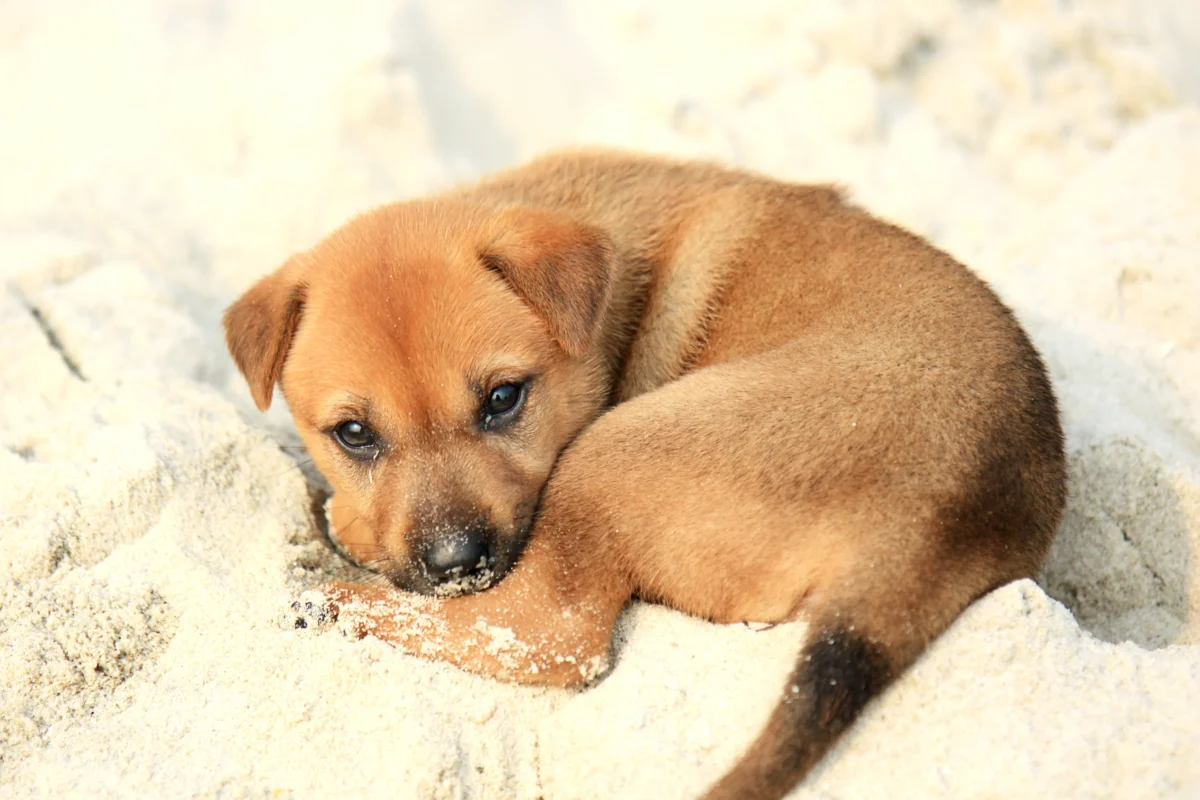Are you considering getting a Golden Retriever as a new addition to your family? One of the questions you might be wondering is, “How long do Goldens last?” Well, you’ve come to the right place! In this article, we’ll explore the average lifespan of Golden Retrievers and factors that can influence their longevity. Whether you’re a first-time dog owner or a seasoned Golden enthusiast, understanding the lifespan of these beloved dogs can help you make informed decisions about their care and well-being.
When it comes to the lifespan of Golden Retrievers, there are several factors to consider. On average, Goldens typically live between 10 to 12 years. However, it’s important to note that individual dogs may vary in their lifespan. Factors such as genetics, diet, exercise, and overall health play a significant role in determining how long your Golden will live. By providing proper care and attention, you can help ensure your furry friend enjoys a long and happy life by your side.
Factors Affecting the Lifespan of Golden Retrievers
As a dog lover with experience in animal shelters and veterinary offices, you understand the importance of providing the best care for your furry friends. When it comes to your beloved Golden Retriever or Goldendoodle, you want to ensure they have a long and happy life by their side. While the average lifespan of a Golden Retriever is typically 10 to 12 years, several factors can influence their longevity. Let’s explore these factors together:
Genetics:
Your dog’s genes play a significant role in determining their lifespan. Genetic predispositions to certain health conditions, such as hip dysplasia, cancer, or heart disease, can impact their overall well-being. It’s essential to choose a reputable breeder who prioritizes the health and longevity of their breeding dogs.
Diet and Nutrition:
A balanced and nutritious diet is crucial for your dog’s overall health and lifespan. Feeding them high-quality dog food, tailored to their specific needs, can provide them with the necessary nutrients to thrive. Consult with your veterinarian to determine the best diet plan for your furry friend.
Exercise and Mental Stimulation:
Regular exercise is vital for keeping your Golden Retriever or Goldendoodle active and healthy. Daily walks, playtime, and mental stimulation through interactive toys or obedience training can not only help prevent obesity but also contribute to their overall well-being and extend their lifespan.
Healthcare and Preventive Measures:
Regular veterinary check-ups and preventive measures can make a significant difference in your dog’s lifespan. Vaccinations, parasite prevention, dental care, and regular health screenings can detect potential health issues early on and allow for timely treatment, improving your dog’s overall quality of life.
Overall Well-being:
Providing a loving and nurturing environment for your Golden Retriever or Goldendoodle can have a positive impact on their lifespan. Maintaining a stress-free lifestyle, ensuring they have plenty of socialization opportunities, and addressing their emotional needs can contribute to their overall well-being.
Remember, while these factors can influence your dog’s lifespan, every individual dog is unique. Providing them with love, care, and attention is the ultimate key to a long and fulfilling life together.
Genetic Factors and Breed Characteristics
When it comes to understanding how long your Golden Retriever or Goldendoodle will live, genetic factors and breed characteristics play a significant role. These factors can provide insights into their potential lifespan and overall health. Let’s delve into this topic to help you gain a better understanding of your beloved furry friend.
Genetics: Golden Retrievers and Goldendoodles inherit certain traits and health conditions from their parents. Responsible breeders are mindful of breeding practices and aim to reduce the risk of genetic diseases that can shorten a dog’s lifespan. When choosing a breeder, be sure to ask about their breeding methods and if they screen their parent dogs for common genetic conditions.
Breed Characteristics: Both Golden Retrievers and Goldendoodles are generally healthy and long-lived breeds. Golden Retrievers have an average lifespan of 10 to 12 years, while Goldendoodles tend to live anywhere from 10 to 15 years. However, it’s important to remember that individual dogs may vary, and lifestyle factors can also impact their longevity.
Size: The size of your Goldendoodle can influence their lifespan. Standard Goldendoodles, which are larger, tend to have a shorter lifespan compared to Miniature or Toy Goldendoodles. Smaller sizes often have fewer health issues and may live longer.
Exercise and Activity Level: Regular exercise and mental stimulation are crucial for the overall well-being of your furry companion. Both Golden Retrievers and Goldendoodles are active breeds and require daily exercise. Maintaining a healthy weight through regular exercise can help prevent obesity-related health issues and promote a longer lifespan.

« Uncover the Unbelievably Easy Tricks for Keeping Your Golden Retriever or Goldendoodle Happy and Healthy
Shocking Secrets Revealed: The Surprising Lifespan of Golden Retrievers Throughout History »
Grooming and Health Care: Proper grooming, including regular brushing and scheduled visits to the groomer, can help keep your dog’s coat healthy, preventing mats and skin issues. Additionally, scheduling routine check-ups with the veterinarian, staying up-to-date on vaccinations, and administering preventive measures such as flea and tick treatments, heartworm prevention, and dental care can help ensure your dog’s overall health and longevity.
By understanding the genetic factors and breed characteristics that influence your Golden Retriever or Goldendoodle’s lifespan, you can make informed decisions to give them the best possible care. Remember, every dog is unique, and individual care and attention are essential to ensuring a long and happy life for your beloved companion.
Health and Wellness
Taking care of the health and wellness of your golden retriever or Goldendoodle is crucial in ensuring a long and happy life for your furry friend. As a dog lover and someone with experience in animal shelters and veterinary offices, I’ve learned a thing or two about the importance of maintaining their well-being. Here are some essential guidelines to help you along the way.
Regular Veterinary Check-ups
Schedule regular visits to your veterinarian to monitor your golden retriever’s health and detect any potential issues early on. These check-ups allow the vet to conduct physical examinations, update vaccinations, and perform any necessary tests or screenings. Remember, prevention is always key in maintaining your dog’s well-being.
Proper Nutrition
Feeding your golden retriever or Goldendoodle a balanced and high-quality diet is vital. Ensure they receive the right amount of nutrients, including proteins, carbohydrates, fats, vitamins, and minerals. Consult with your vet for recommendations on appropriate portion sizes and specific dietary needs based on their age, size, and activity level.
Regular Exercise
Golden retrievers and Goldendoodles are active breeds that require regular exercise to keep them physically and mentally stimulated. Engage in activities such as daily walks, play sessions, and interactive toys. Not only does exercise help maintain their weight and overall fitness, but it also strengthens the bond between you and your furry companion.
Mental Stimulation
In addition to physical exercise, mental stimulation is crucial for your dog’s well-being. Provide puzzle toys, obedience training, and interactive games to challenge their minds. Engaging their intellect helps prevent boredom and reduces the chances of destructive behavior.
Grooming and Hygiene
Proper grooming plays a significant role in maintaining the health of your golden retriever or Goldendoodle. Regular brushing helps prevent matting and keeps their coat healthy and shiny. Additionally, be sure to check their ears regularly for signs of infection, and brush their teeth to maintain good oral health.
By following these guidelines for the health and wellness of your golden retriever or Goldendoodle, you’ll be well on your way to ensuring they live a long, happy, and fulfilling life. Remember, your furry friend relies on you for their care, so make their well-being a top priority.
Nutrition and Diet
When it comes to the longevity and overall health of your Golden Retriever or Goldendoodle, proper nutrition and diet are essential. Providing your furry friend with a balanced and nutritious diet can help them live a longer, happier life. Here are some tips to keep in mind when it comes to their nutrition:

1. High-quality dog food: Opt for a high-quality dog food that is specifically formulated for your Golden Retriever or Goldendoodle’s breed, size, and age. Look for products that have real meat as the first ingredient, and avoid those that contain fillers or artificial additives.
2. Balanced and complete diet: Ensure that your furry friend is getting a balanced and complete diet that includes the right amount of protein, carbohydrates, fats, vitamins, and minerals. Consult with your veterinarian to determine the appropriate portion sizes and feeding schedule for your dog’s specific needs.
3. Avoid overfeeding: While it may be tempting to give your dog extra treats or table scraps, overfeeding can lead to obesity and other health problems. Stick to the recommended portion sizes and avoid giving in to those puppy dog eyes.
4. Fresh water: Always provide fresh and clean water for your Golden Retriever or Goldendoodle. Hydration is important for their overall health and helps maintain proper bodily functions.
5. Supplements if needed: In some cases, your veterinarian may recommend specific supplements to support your dog’s health. This could include things like fish oil for healthy skin and coat or joint supplements for older dogs.

Remember, every dog is unique, and their nutritional needs may vary. It’s always best to consult with your veterinarian to determine the best diet plan for your furry friend. By providing them with the proper nutrition, you are setting the foundation for a long and happy life.
Keep reading to discover more ways to ensure the well-being of your Golden Retriever or Goldendoodle.
Exercise and Physical Activity
As a dog lover and owner of both a Golden Retriever and a Goldendoodle, you understand the importance of keeping your furry friends happy and healthy. One key aspect of their overall well-being is regular exercise and physical activity. In this section, we’ll discuss the significance of exercise for Golden Retrievers and Goldendoodles and provide some tips to help you keep them active and fit.
Exercise for Golden Retrievers and Goldendoodles
Both Golden Retrievers and Goldendoodles are active and energetic breeds that require daily exercise to maintain their physical and mental health. Regular physical activity not only helps them burn off excess energy but also stimulates their minds and prevents behavioral problems.

Benefits of Exercise
Regular exercise offers a multitude of benefits for your furry friends. It helps maintain a healthy weight, builds strong muscles and joints, improves cardiovascular health, and boosts their overall well-being. Exercise also provides mental stimulation, which is essential for preventing boredom and destructive behaviors.
Tips for Exercising Your Golden Retriever or Goldendoodle
Here are some tips to ensure that your Golden Retriever or Goldendoodle gets the exercise they need:
- Daily Walks: Take your dog for daily walks to provide them with mental and physical stimulation. Aim for at least 30 minutes to an hour of brisk walking each day, depending on their age and health.
- Playtime: Engage in interactive play sessions with toys, such as fetch or tug-of-war. This not only keeps them physically active but also strengthens the bond between you and your furry friend.
- Swimming: If you have access to a safe swimming area, take advantage of your dog’s natural love for water. Swimming is a low-impact exercise that is gentle on their joints while still providing a great workout.
- Dog Sports: Consider participating in dog sports such as agility, obedience, or flyball. These activities provide both physical and mental stimulation for your furry friend and can be enjoyable for both of you.
- Puzzle Toys and Treat Dispensers: Use puzzle toys or treat dispensers to mentally challenge your dog and keep them entertained. These toys require your dog to work for their food, providing mental stimulation while they play.
Remember, always consult with your veterinarian before starting any new exercise routines, especially if your dog has any pre-existing medical conditions. With regular exercise and physical activity, you can help ensure that your Golden Ret
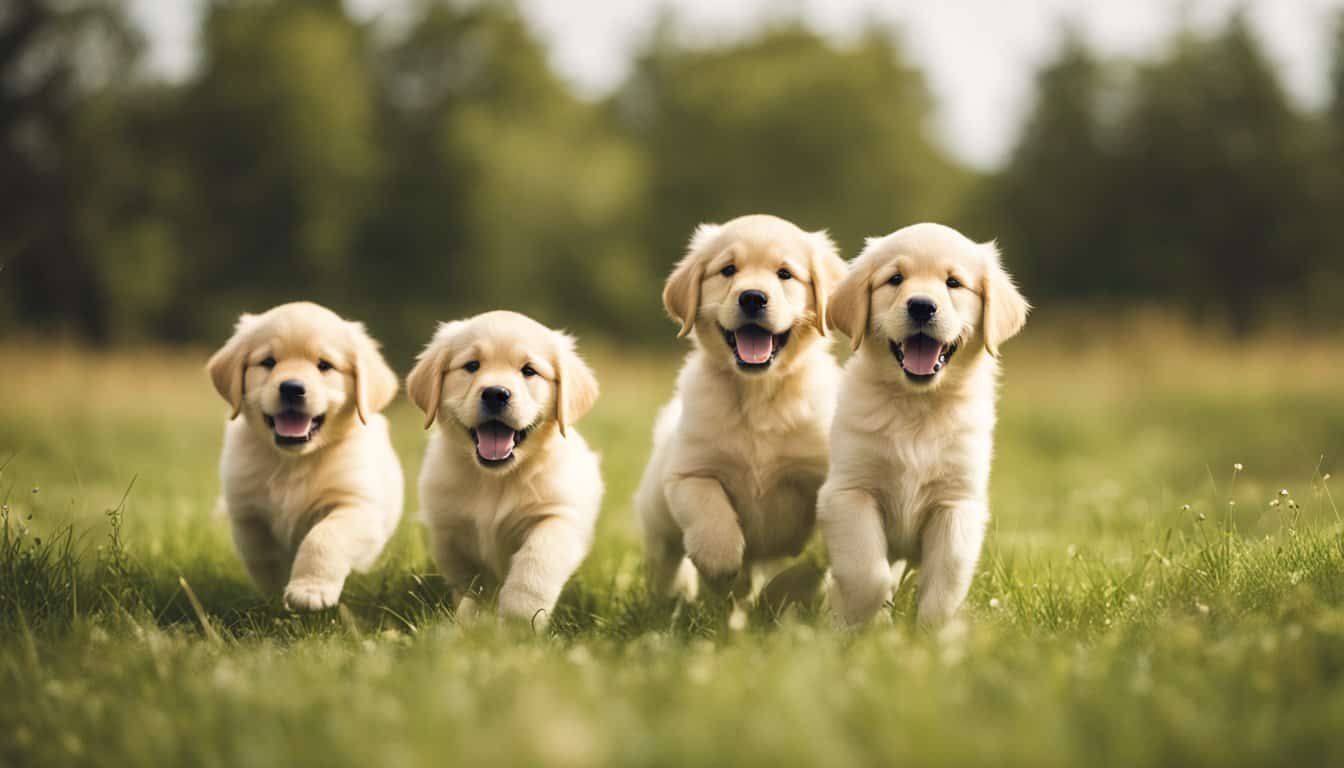
Care and Management
Taking care of your golden retriever or Goldendoodle involves more than just providing exercise and playtime. Here are some important aspects to consider when it comes to the care and management of these lovable breeds.
Nutrition
A well-balanced and nutritious diet is crucial for the health and longevity of your golden retriever or Goldendoodle. Consult with your veterinarian to determine the best type and amount of food for your furry friend. Feeding high-quality commercial dog food that is appropriate for their size, age, and activity level will ensure they get the necessary nutrients.
It’s also essential to monitor their calorie intake and avoid overfeeding. Obesity is a common problem in both golden retrievers and Goldendoodles, and it can lead to various health issues. Stick to scheduled meal times and portion control to maintain a healthy weight.
Grooming
Both golden retrievers and Goldendoodles have beautiful, dense coats that require regular grooming. Brushing their coats several times a week will help prevent mats and keep their fur looking its best. Regular grooming also allows you to check for any skin issues, ticks, or other parasites.
Bathing your golden retriever or Goldendoodle should be done as needed or every 6-8 weeks, using a dog-specific shampoo to avoid stripping their skin of natural oils. Be sure to trim their nails regularly and clean their ears to prevent infections.

Training and Socialization
Training and socialization are essential for a well-behaved and happy golden retriever or Goldendoodle. Start training early and consistently reinforce positive behaviors. Obedience training will help them understand and respond to commands, making them easier to handle in various situations.
Socializing your golden retriever or Goldendoodle from a young age is important to expose them to different environments, people, and animals. This will help prevent behavioral issues such as aggression or anxiety. Enroll in puppy classes or seek the guidance of a professional dog trainer to ensure proper socialization.
Remember, adopting a golden retriever or Goldendoodle comes with great responsibility. Providing them with proper nutrition, grooming, training, and socialization will help ensure a happy and healthy life for your furry companion.
Continue reading to discover more about the lifespan of these wonderful breeds and how to make the most of your time together.
Conclusion
Regular exercise and proper care are essential for the well-being of Golden Retrievers and Goldendoodles. Exercise not only helps them burn off energy but also offers numerous benefits such as maintaining a healthy weight, improving cardiovascular health, and providing mental stimulation. Daily walks, interactive play sessions, swimming, and participating in dog sports are some great ways to keep these breeds active. It’s important to consult with a veterinarian before starting any new exercise routines, especially if your dog has pre-existing medical conditions.

In addition to exercise, proper care and management play a crucial role in the overall health of these breeds. Providing a well-balanced and nutritious diet, monitoring calorie intake to prevent obesity, regular grooming, training, and socialization are all important aspects of their care. Remember to seek professional guidance when needed to ensure the best possible care for your Golden Retriever or Goldendoodle. By incorporating these practices into your routine, you can help ensure a long and happy life for your furry friend.

